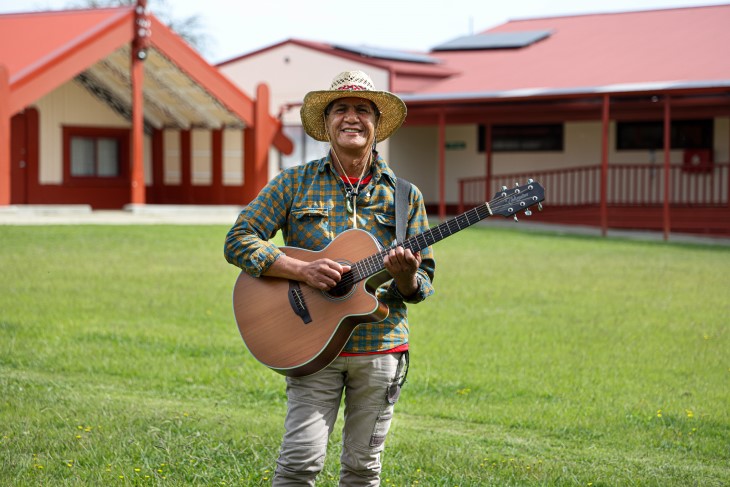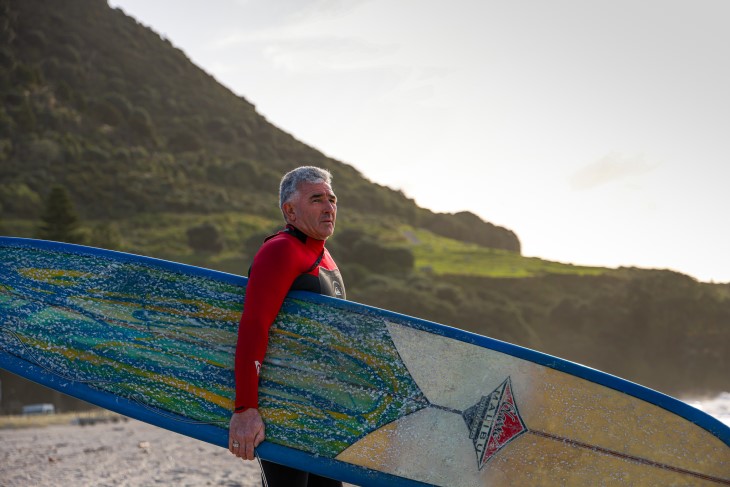Debbie Barrett: Helping whānau Māori thrive through Hāpai
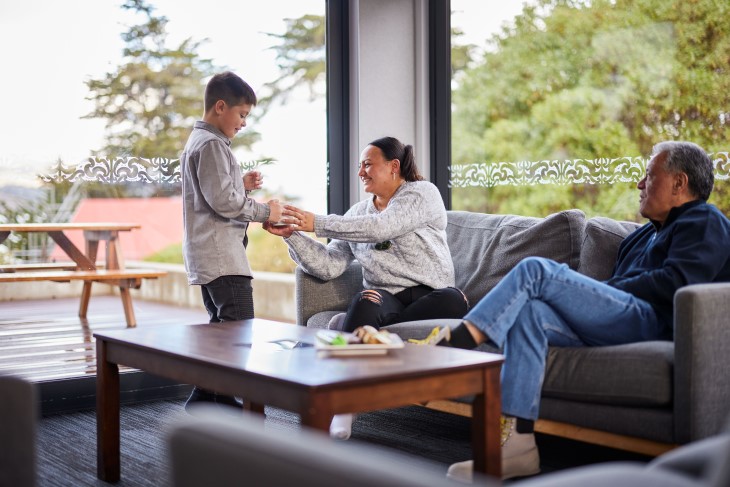
For Debbie Barrett, helping to improve health outcomes for Māori is not just her mahi, it’s her life purpose. The ACC Māori Health Manager leads Hāpai, which provides Māori clients with one-to-one support, grounded in Māori principles.
‘He aha te mea nui o te ao? He tangata, he tangata, he tangata’.
What is the greatest thing in the world? It is people, it is people, it is people.
‘Nāku te rourou, nāu te rourou, ka ora ai te iwi’.
With your basket and my basket, the people will thrive.
These two whakataukī have always resonated with me, they’ve strongly influenced the career pathways I’ve taken. Being Māori, it’s a privilege and hugely important I can be involved in mahi where I can serve our people.
In my role at ACC, my mahi is giving me the opportunity to change how ACC delivers their service, for the benefit of hapori Māori (Māori communities) and communities in general.
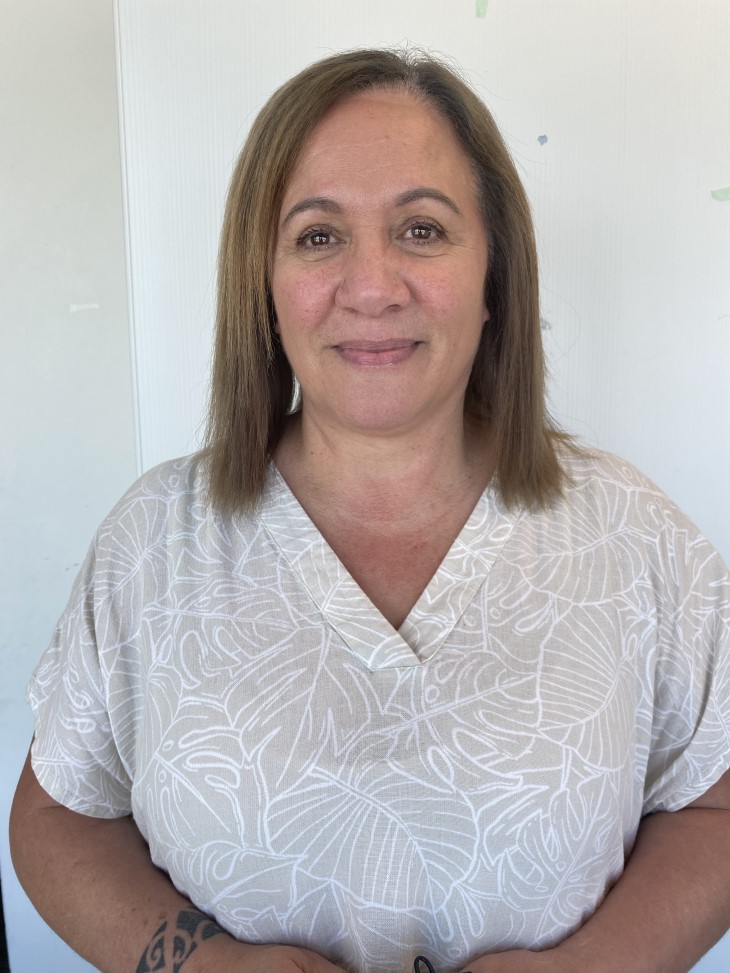
Debbie Barrett (Te Arawa, Ngāti Wāhiao, Kūki 'Āirani) is passionate about Māori health and wellbeing.
Supporting our kiritaki Māori
The word ‘hāpai’ means to uplift, elevate and support, which is exactly what we want to do for our kiritaki Māori (Māori clients).
We set up our Hāpai service in response to feedback from whānau Māori about their ACC experience and the consideration of their cultural needs.
The result is a culturally-grounded, mana-enhancing recovery support option delivered by our ACC kāihapai (recovery team members) to our kiritaki Māori and their whānau – an adaptation of ACC’s traditional case management system.
Hāpai is currently available to kiritaki Māori who’ve experienced serious or complex injuries, with our team providing one-to-one support throughout their ACC healing journey.
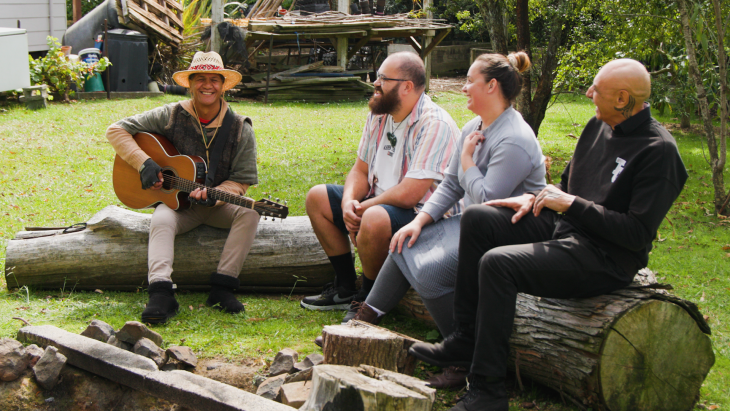
Pita Pene is one of many kiritaki we've supported through Hāpai.
Overcoming barriers for Māori health
We know there are barriers for Māori accessing ACC support and we want to address them. Our kaihāpai are regionally based so they can connect kanohi ki te kanohi (face-to-face) with kiritaki and their whānau.
Today, we have kaihāpai in 16 rohe (regions) and we’re growing our reach to support more kiritaki into the future.
Whether that’s at home, at the marae or at mahi – it’s about ensuring our kiritaki feel comfortable and supported in their healing journey.
I know the mahi our kaihāpai are doing to support our kiritaki Māori is impactful and is influencing other kaimahi (staff) across the motu. They’re helping to raise awareness of mātauranga Māori and kaupapa Māori ways of working and healing with our communities.
My intention is that over time we’ll ideally see a holistic approach in how we work with, and for, our people. This way, with our collective baskets, our people will thrive.
Hāpai – by the numbers
After growing the service from a pilot in 2021, today Hāpai has supported more than 1,200 kiritaki Māori.
Two thirds of our kiritaki supported by Hāpai are male (66 per cent).
Nearly a quarter of Hāpai clients (23 per cent) live rurally in often underserved communities where access to ACC services and supports can be hard to reach.
More information is available on the ACC website.




